When they come to write the history of the Union’s demise, there will be three guilty men. Tony Blair was a transformative prime minister, but he nodded through devolution after allowing himself to be convinced that it was an administrative change, rather than an unravelling of the United Kingdom. Many believe Iraq to be the blot on his legacy but contracting out the rewriting of the constitution to the Scottish Labour Party would cut against anyone’s greatness.
David Cameron has no claim to greatness, but he deserves to be the toast of Scottish nationalists. The Conservatives had opposed devolution as a one-way ratchet towards separation, but once in government failed to advance a policy of their own; preferring to accelerate and grant permanency to New Labour’s experiment. Cameron conceded a referendum and transferred not one, but two tranches of powers – making him arguably more culpable than Blair.
The third guilty man will be Boris Johnson, unless he recognises the gravity of the moment and the urgency of the threat. Brexit, levelling up, civil service reform – all may be vital but all are subordinate to the continued existence of the United Kingdom. The Prime Minister, his ministers and his advisers should not delude themselves: the stakes really are that high. It’s not simply that safeguarding the Union is more important than the Johnson-Cummings agenda; losing the Union would severely impair or outright impede much of that agenda.
The hint of a Conservative backbone can be glimpsed in Michael Gove’s appointment as chair of a Cabinet subcommittee on Union policy alongside the more robust line over the proper balance of powers between Westminster and Holyrood. However, these measures are insufficient given the electoral context (support for secession tipping into the majority and the SNP polling at 55 per cent) and the political, economic, diplomatic and national security consequences of Scexit.
Since Downing Street are yet to apprehend many of these consequences, we can only hope the recent outburst from a senior SNP minister will jerk the Prime Minister’s Office out of its lethargy. Mike Russell, Nicola Sturgeon’s minister for ‘constitutional relations’, emerged from a meeting with Gove on Thursday and headed straight for the nearest loudhailer. Downing Street published a white paper on the internal market post-Brexit, aiming to secure ‘frictionless trade between all parts of the UK’ and outlining which powers currently held in Brussels will be transferred to Holyrood and which will go to Westminster. Food standards is one area where the government want regulation to be carried out by UK ministers, and here the nationalists spy an opportunity. The English want to put a chlorinated chicken in every pot.
Russell branded the proposals ‘a blatant attempt at a power grab’, claiming they would ‘strip responsibilities from the Scottish Parliament and undermine the very basis of the devolved arrangements’, denouncing the plans as ‘the biggest threat to devolution since the Scottish Parliament was reconvened in 1999’. As such, the Scottish Government would recommend that MSPs deny legislative consent while ‘seek[ing] alignment with EU standards’ instead.
He concluded: ‘We will actively oppose the UK Government’s proposals at every opportunity, including at every legislative stage, and pursue every avenue to challenge the Bill should it pass – no one should be in any doubt about our determination to defend the powers of the Scottish Parliament and the founding principles of devolution.’
Russell is given to eschatological hysterics about the parliament whose creation his party scorned, but his tantrum was not an off-script moment. He was sent out to behave as he did. Ten months before the next Holyrood elections, the nationalists dearly want a fight with an English Tory prime minister, but they also want to lay down a marker: give them what they want or they will use the parliament Labour built to obstruct and wreck.
Downing Street thinks it is being terribly clever with its internal market strategy. Having only lately come to the realisation that devolution in its present state undermines the Union, ministers eye the repatriation of powers from Brussels as the chance to do a patchwork job on the constitution. I can’t tell whether they are using the cover of Brexit because they deem it tactically wise or because they are embarrassed by the modesty of the remedy they propose. It ought to be the latter.
The task of preserving the United Kingdom is at its most daunting stage in three centuries and it will not be saved by tinkering with regulatory frameworks. The flaws of devolution were created by successive Scotland Acts and, at minimum, they will require another Scotland Act to correct. The object is not the abolition of the Scottish Parliament, contra the fervid fantasies of the oppression-seekers, but a Scottish Parliament that respects both the 1997 referendum result and the sovereign integrity of the United Kingdom.
The SNP has been emboldened by rising public support for secession, the weakness of the Holyrood opposition, and the Supreme Court’s rebuke to the government over prorogation. They see ways – electoral, legislative and legal – to frustrate and humble the Johnson administration. The nationalist view is that theirs is Scotland’s sole legitimate government and Westminster a decrepit colonial ruler staggering through its final days in charge. Boris Johnson can surrender to that view or he can dispel it by reforming devolution to maintain the Union. He is either Prime Minister of the entire country or merely Prime Minister of England with his remit occasionally extended northwards on the indulgence of Nicola Sturgeon.
It comes down to the question it always comes down to: who governs? Only Johnson can answer that and on his answer hangs his country and his place in history. He will be known for courage or for culpability.
Got something to add? Join the discussion and comment below.
Get 10 issues for just $10
Subscribe to The Spectator Australia today for the next 10 magazine issues, plus full online access, for just $10.

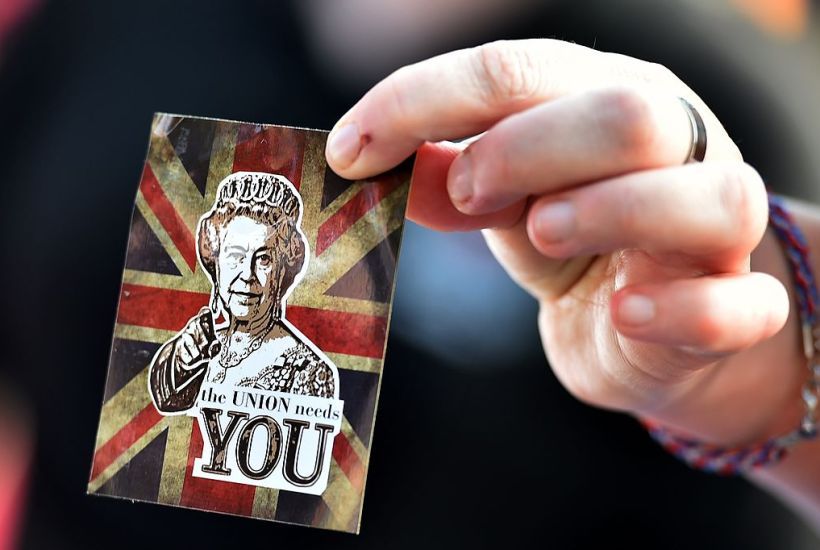

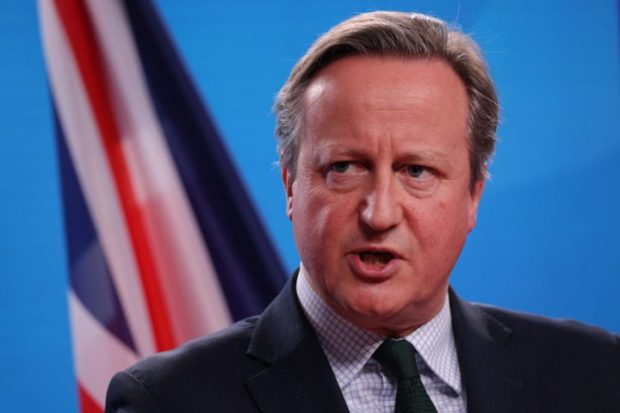

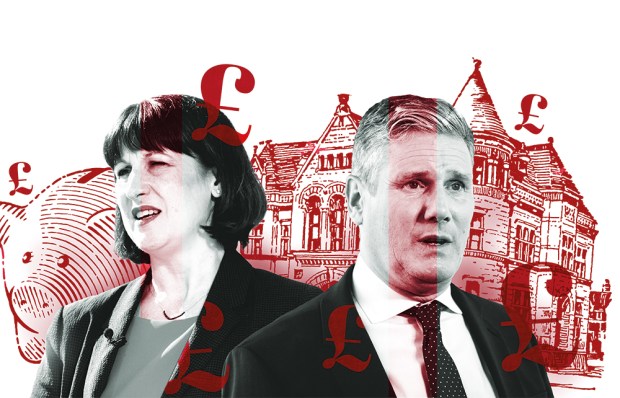












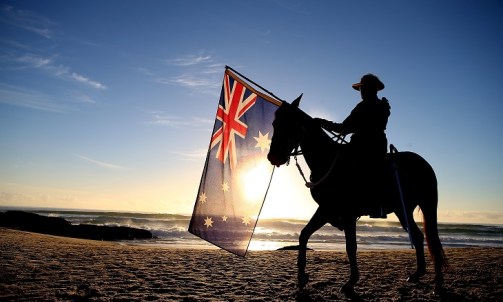
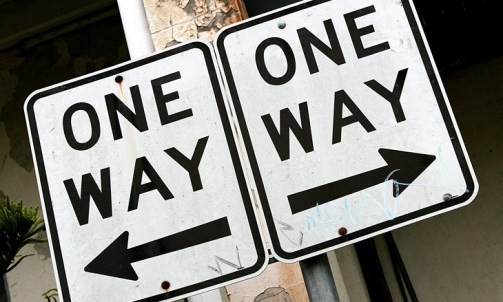
Comments
Don't miss out
Join the conversation with other Spectator Australia readers. Subscribe to leave a comment.
SUBSCRIBEAlready a subscriber? Log in